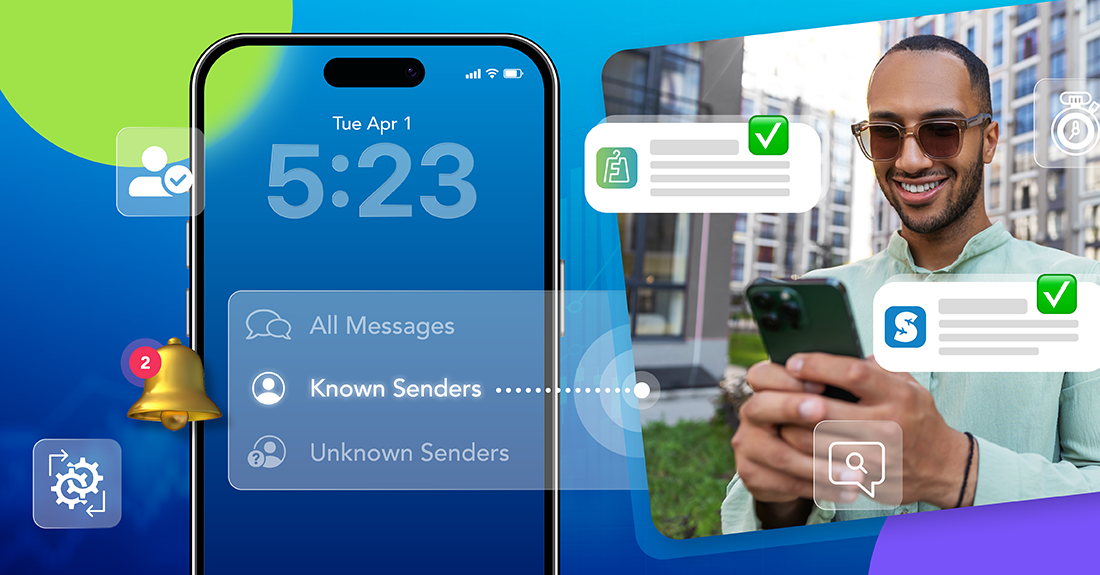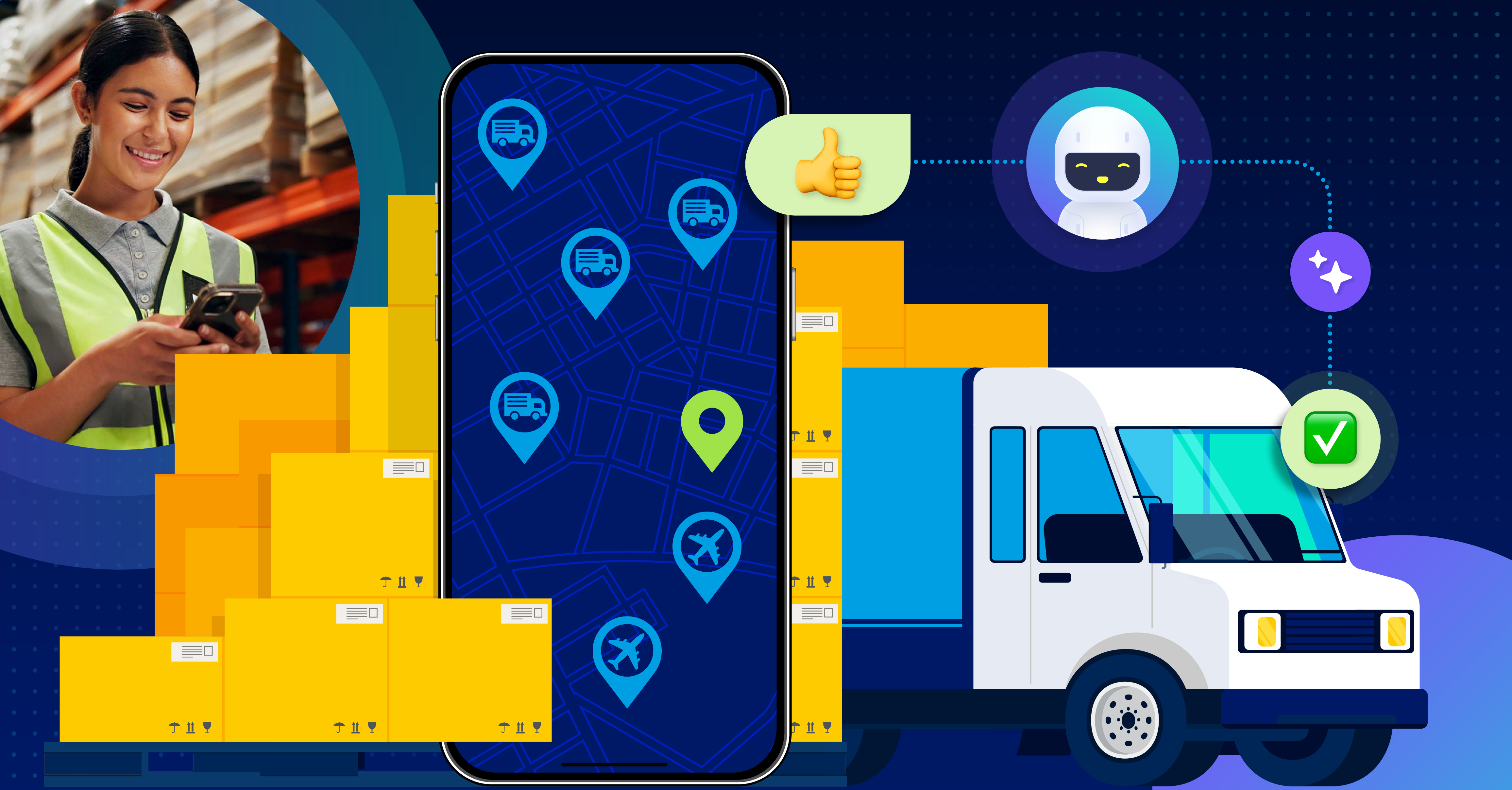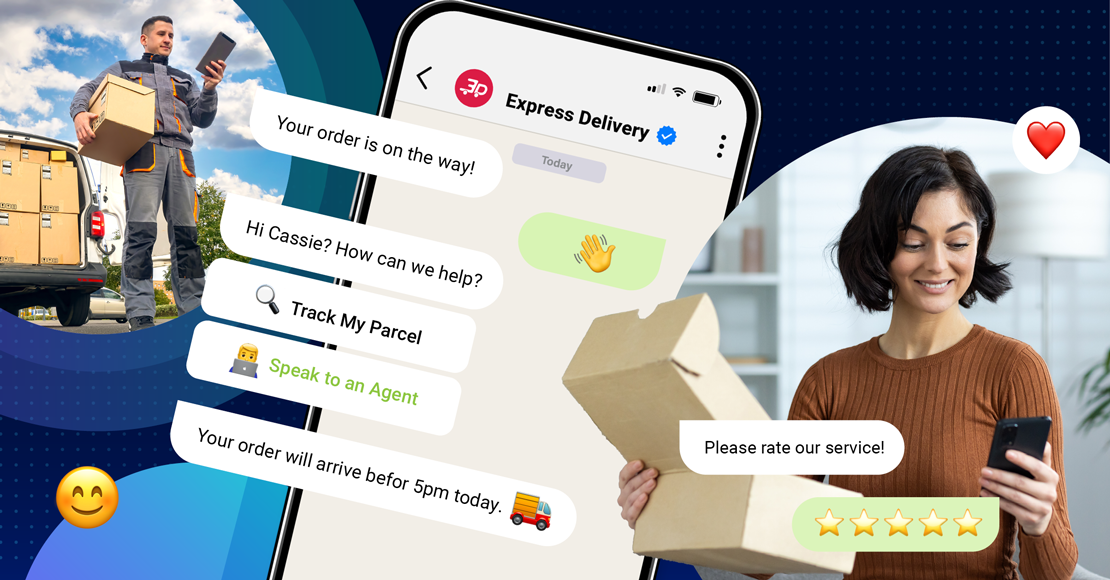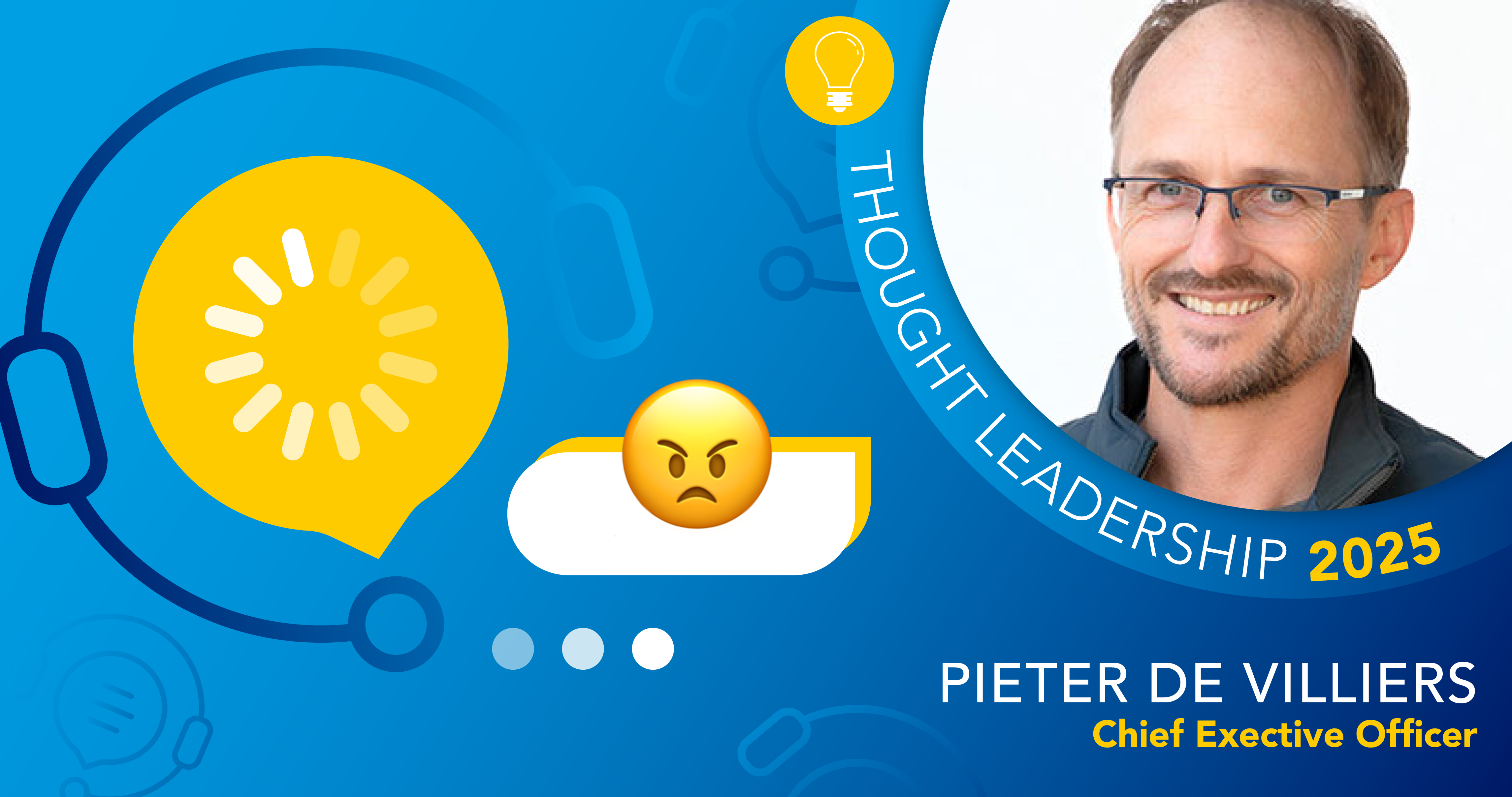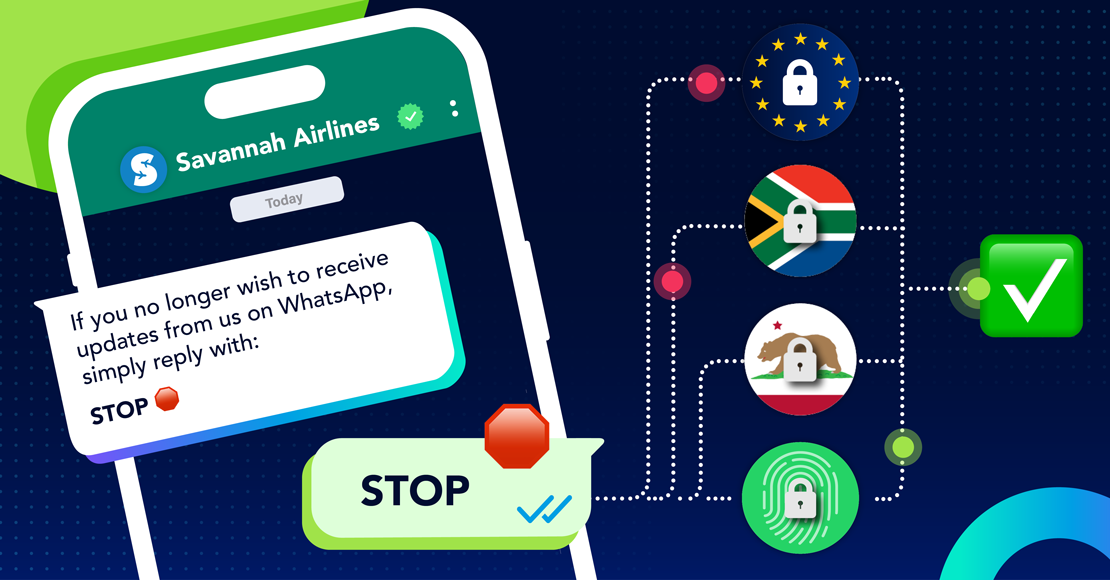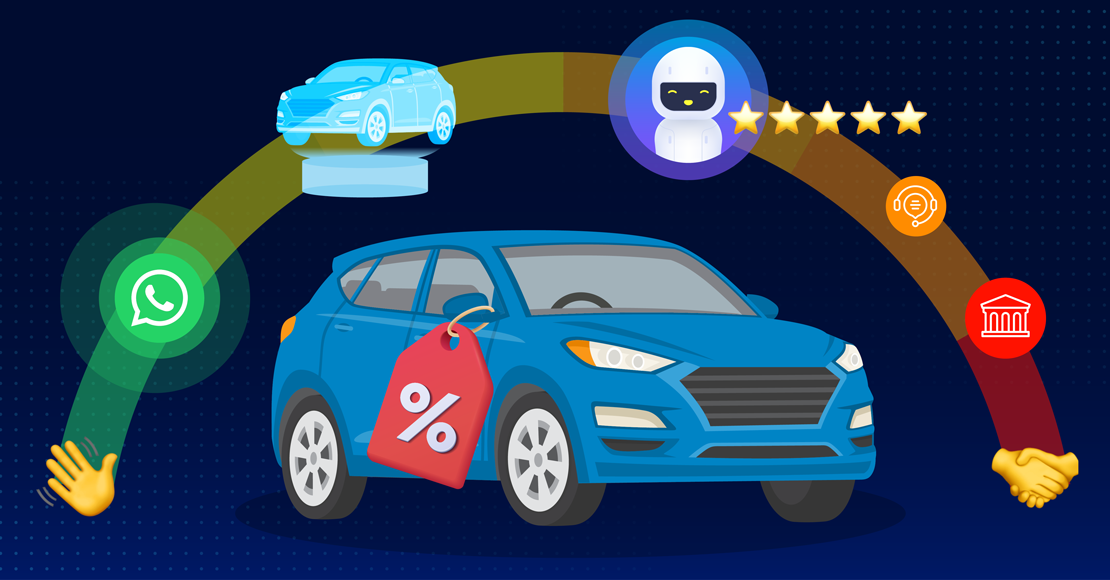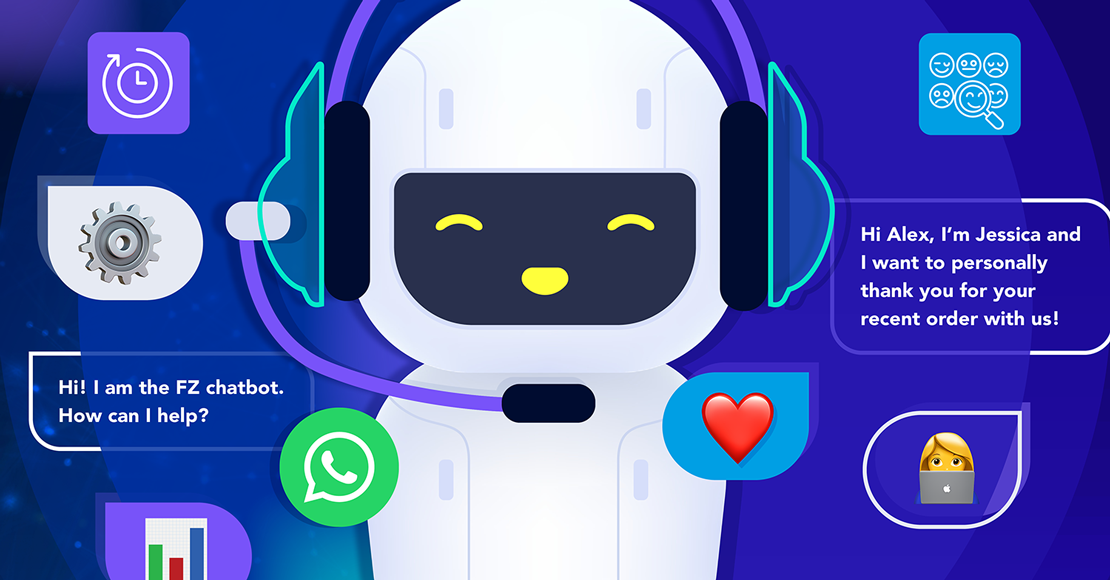
With instant messaging and AI tech on the rise, businesses are exploring new ways to streamline customer service. WhatsApp, with over 3 billion active users monthly, has emerged as a key tool in achieving this.
However, both WhatsApp chatbots and traditional customer support methods, such as phone calls, emails, and live chat, have unique advantages and challenges. We'll compare these two approaches, looking at efficiency and user experience, to help you determine the best fit for your business.
Understanding WhatsApp Chatbots and Traditional Customer Support
While traditional methods like phone calls and emails have been at the forefront of customer service for decades, the emergence of WhatsApp chatbots has introduced new dynamics in customer support.
WhatsApp Chatbots
WhatsApp chatbots are automated tools that interact with customers on WhatsApp. They handle a wide variety of queries, from frequently asked questions to order tracking, giving instant responses.
Using AI to mimic human conversation, these chatbots improve the overall efficiency of customer service. And given that over 100 billion messages are sent daily on WhatsApp, there is a significant opportunity to engage with customers on a platform they use extensively.
Traditional Customer Support
Traditional customer support takes place through phone calls, emails, and live chats with human agents. Although they've long formed the cornerstone of customer support, they can be resource-intensive and are typically limited to specific hours of operation.
The Importance of Efficient Customer Support
Whether you choose WhatsApp chatbots or traditional support channels, resolving customer issues quickly and effectively is crucial. Efficient customer support leads to higher retention rates and positive word-of-mouth, enhancing a company's reputation and bottom line.
Advantages of Using WhatsApp Chatbots for Customer Support
WhatsApp chatbots are becoming increasingly popular for several compelling reasons. Let's take a look at these.
24/7 Availability: One of the key benefits of offering WhatsApp customer support is its ability to operate around the clock. This means customer queries are addressed promptly, regardless of the time of day, which increases overall customer satisfaction and engagement.
Automation of Repetitive Tasks: WhatsApp chatbots excel at handling repetitive tasks, such as answering common questions and processing simple requests. This automation speeds up response times and allows human agents to focus on more complex issues, boosting overall efficiency. In fact, businesses using WhatsApp Business have reported a 225% faster customer service response time.
Scalability and Cost-Effectiveness: Compared to traditional customer support methods, WhatsApp chatbots are highly scalable and cost-effective. They can manage a large volume of queries simultaneously without needing additional staff, reducing operational costs.
Integration with AI: Clickatell's advanced AI capabilities improve the chatbot's ability to understand and respond to customer queries accurately. As a result, integrating WhatsApp chatbots with Clickatell AI results in more intelligent and timely customer support.
Seamless Handover to Live Agents: A key advantage of using Clickatell's WhatsApp solution is the ability to seamlessly hand over complex or escalated customer issues to live agents. This ensures that customers receive the necessary support, while also optimizing the workload of both chatbots and human agents. This feature enhances customer satisfaction and overall support efficiency.
Valuable Data Collection: WhatsApp chatbots are powerful tools for gathering customer insights. Through interactions, chatbots collect valuable data on customer preferences, pain points, and trends. This data is a goldmine for businesses looking to refine their products, services, and marketing strategies. By analyzing chatbot interactions, companies can identify opportunities to improve customer satisfaction and drive growth.
Disadvantages of Using WhatsApp Chatbots for Customer Support
Despite their many advantages, recognizing the limitations of WhatsApp chatbots can help businesses make well-informed decisions when it comes to integrating chatbot technology into their customer support strategy.
Handling Complex or Sensitive Queries: While WhatsApp chatbots handle simple and repetitive queries efficiently, they may struggle with more complex or sensitive issues that require a human touch. Customers dealing with emotionally charged or intricate problems often prefer speaking to a human agent.
Personalization Challenges: While human agents can adapt their responses based on the nuances of the conversation, creating a more personal connection with the customer, chatbots may find it challenging to provide the same level of personalized support.
Dependency on Technology: WhatsApp chatbots rely heavily on technology, which can sometimes lead to issues with technical glitches and programming limitations, resulting in unsatisfactory customer interactions.
Advantages of Traditional Customer Support Methods
The ongoing use of traditional support methods proves they're still relevant, particularly where customers expect a personal interaction, such as when providing reassurance or when dealing with a sensitive situation.
Personalized Interaction: Human agents offer a high degree of personalized interaction, understanding customer emotions and providing tailored solutions. This is especially useful for complex or sensitive queries.
Handling Complex Queries: Customer service agents are much better equipped to handle complex and emotion-fueled queries. They navigate the subtleties of difficult conversations and provide reassurance, which is invaluable for certain customer interactions.
Familiarity and Trust: Many customers prefer the assurance of speaking to a real person, especially for critical issues, due to the familiarity and trust associated with traditional customer support methods.
Disadvantages of Traditional Customer Support Methods
Although humans are still integral to a customer support department, they also have their flaws. It’s important to recognize these flaws so you can fill the gaps with a chatbot and vice versa. Here are some of the most common challenges of traditional customer support methods.
Limited Availability: Traditional customer support often operates within specific hours, which can cause delays in response times. Customers may have to wait for assistance and could be put on hold, which can be frustrating and negatively impact their experience.
Higher Resource Requirements: Traditional customer support typically requires more resources, including a larger workforce and higher operational costs. This can be a downside for businesses looking to optimize their support budget.
Inefficiency in Repetitive Queries: Human agents may become overwhelmed with routine questions, leading to reduced productivity and longer wait times, lowering overall customer satisfaction. They’re also more likely to make human errors, which could negatively impact the business’s reputation.
Efficiency and User Experience: Comparative Insights
Understanding how WhatsApp support and traditional customer support compare in terms of efficiency and user experience can guide businesses in choosing the right mix of tools for their customer service strategy.
Response Time and Query Resolution
WhatsApp chatbots provide much faster responses due to their automated nature. Human agents, on the other hand, excel at resolving complex queries that require detailed understanding and empathy.
Ease of Use and Accessibility
With 83% of consumers using messaging apps to contact businesses and 75% making purchases after doing so, WhatsApp chatbots offer significant advantages. Traditional support methods, while familiar, might require more effort from customers to reach out for help.
WhatsApp chatbots are also easily accessible through the WhatsApp platform, which currently boasts an impressive 99% open rate compared to email's 20% open rate.
Customer Feedback
WhatsApp chatbots perform well in terms of customer satisfaction for routine queries. However, traditional methods still receive higher satisfaction ratings for complex and personalized support.
Future Outlook
Research predicts consumer spending through chatbots will reach $142 billion by 2024, which is up from $2.8 billion in 2019. This growth indicates a major shift towards automated support solutions. As AI and natural language processing technologies continually improve, chatbots will become indispensable.
Balance Efficiency and Personalization with Clickatell
The truth is, while WhatsApp chatbots offer incredible efficiency and scalability, they cannot fully replace the human touch. The future of customer support likely lies in a hybrid model, combining the strengths of both. Clickatell's advanced AI-powered chatbots can handle routine inquiries, freeing up human agents to focus on complex issues. Our platform also enables seamless handoffs between chatbots and live agents, ensuring a smooth customer experience. By leveraging Clickatell's Platform, you can optimize your customer support operations, delivering exceptional service and driving customer satisfaction.
Let's work together to find the perfect balance between automation and human interaction for your business.
Step into the future of business messaging.
SMS and two-way channels, automation, call center integration, payments - do it all with Clickatell's Chat Commerce platform.

